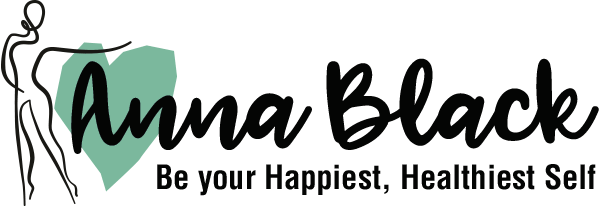Stress is good. It brings about change. And our bodies are actually pretty resilient to stress. But if the stress hormones produced have nowhere to go, or if you’re constantly producing cortisol or adrenaline, then stress can start to become damaging, both mentally and physically. It’s a fact that as we approach menopause we actually get more stressed, producing more stress hormones, especially the year specifically before menopause. As stress has been linked to fat around the middle, thyroid issues, hormone imbalance, brain fog & even dementia we need to focus on two things:
- Improve our stress resilience so that our bodies can deal with it better
- Create strategies to balance stress and complete the stress cycle/deal with the stress hormones
Stress resilience
- Deal with the stressors. Of course, some are impossible to remove, but some really are. Having some headspace to work out firstly what it is that actually stresses you out is really beneficial. As a result of giving my brain some space I have changed certain things in my life that I realised were causing stress. Now when I run rather than optimising the time by listening to “educational” podcasts I run with a friend, imagine I’m by the sea, or listen to my own breathing. Small, but effective changes. And get off your (my) phone. Aim for less than 2 hours a day…
- Eat whole foods and a diet of colour. An Australian observational study published in 2019 on 40k+ middle aged men and women found that 7 portions of fruit and veg a day can improve your stress reliance. And the most affected group was in the 40 – 49 age group. This diversity will also help you optimise gut health which is being linked more and more to brain health and stress. Also gut motility is important. The bacteria won’t work as well if your gut is all over the place, moving too slowly or too fast. Swimming, twisting, ginger, dealing with that stress. All important ways to get things moving or slow things down. More here on a plant based or Mediterranean diet.
- Reduce inflammation – inflammation is a key issue for women in perimenopause and is the basis of many chronic diseases from type 2 diabetes to brain health. Again a whole food diet with lots of plants and colours can help this as well as spending time in nature where you can, enjoying social interactions with people you like and thinking about your sleep quality and optimise where you can. These can all put your body in a better position to deal with stress.
- Balance your sympathetic (fight and flight) and parasympathetic (thrive) nervous system. Cold showers, loud singing, deep breathing, laughing, hugs, yoga and meditation can all work well
How to balance stress and complete the stress cycle
When I first started to drive home from work on the M25 (having just passed my test – it’s an absolute wonder I never crashed) I used to have to go for a run when I got home as I felt so on edge. I now realise I was actually completing the stress cycle. Getting rid of the flood of adrenalin that was coursing through my body. Now I’m older, running is still an option, but I’ve found other things can deal with this too:
- Laughter – laughing comes up so many times for the health of our nervous system to our heart health, so whatever you find funny (even if it is Hi de Hi) enjoy it and know you’re doing yourself good
- Connection, hugs and sex/mastburbation – actually all a really good way to ramp up the parasympathetic nervous system! Just don’t get stressed trying to fit it in
- Movement – running and hiit are recommended as a way of completing that cycle. They can also cause stress, especially if pushed too hard/too frequent. So find your level and find alternatives where needed. Sometimes just including some mobility can be a way of “getting into your body”, and moving your brain away from your stress. Walking or jogging in nature doubles it up
- Meditation and breathing – I try these on and off. They do work, but they need practice and a bit of dedication. Once in a while may not have the desired effect. Recently I have started breath work again but instead of counting the breaths, I picture something I find relaxing and focus on that or walk around the garden. Try the apps, (calm and headspace), but just find something that works for you
Starting now to find some ways that work for you can only make you feel better. But as I always say, if they start to become a stress, leave them for now and try doing something else instead. There’s no reason you have to sort it all out immediately – it’s a work in progress for us all!
